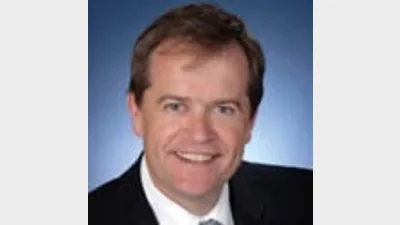Govt tables legislation raising superannuation guarantee to 12 per cent




The Government has tabled legislation that will see the superannuation guarantee (SG) gradually lifted from 9 per cent to 12 per cent over the next seven years.
Minister for Financial Services and Superannuation Bill Shorten said the changes would result in the retirement savings of 8.4 million Australians being boosted. A 30-year-old employee earning $70,000 would retire with an extra $108,000 in superannuation under the reforms, he said.
"The increase in the SG will boost the superannuation savings of Australian workers by around $500 billion by 2035. A proportion of these savings will be channelled back into the economy to fund jobs and nation-building infrastructure," Shorten said.
The SG will be increased in small increments, beginning with 0.25 percentage point increases on 1 July 2013 and 1 July 2014. This will be followed by five 0.5 percentage point rises each year until 1 July 2019.
The increased SG will be paid for by the revenue raised by the Government's proposed Minerals Resource Rent Tax.
"This is an historic reform that will broaden and strengthen the entire economy, and ensure all Australians share in the benefits of the boom," Shorten said.
As well as increasing the SG, the legislation will raise the the age limit on superannuation contributions from 70 to 75. Low-income workers will also receive a 15 per cent tax rebate on their superannuation contributions from 1 July 2012.
Correction: This article originally stated that the age limit on superannuation contributions will been abolished under the legislation introduced to Parliament yesterday. This was based Bill Shorten's speech to Parliament, which was factually incorrect. The age limit will remain in place, but it will be raised from 70 to 75.
Recommended for you
Australia’s superannuation sector is being held back by overlapping and outdated regulation, ASFA says, with compliance costs almost doubling in seven years – a drain on member returns and the economy alike.
Two of Australia’s largest industry super funds have thrown their support behind an ASIC review into how stamp duty is disclosed in investment fee reporting, saying it could unlock more capital for housing projects.
The corporate watchdog is preparing to publish a progress report on private credit this September, following a comprehensive review of the rapidly expanding market.
The fund has appointed Fotine Kotsilas as its new chief risk officer, continuing a series of executive changes aimed at driving growth, but NGS Super’s CEO has assured the fund won’t pursue growth for growth’s sake.











